By Joyce Koyama, OTR/L, The Orchard Post Acute Care, Whittier, CA
 On March 13, 2020, President Trump declared a national emergency, citing an outbreak of COVID-19. On that same day, CMS strictly restricted in-person visitation to only compassionate care situations in skilled nursing homes in order to prevent the introduction of COVID-19 to our most vulnerable population: the elderly with pre-existing medical conditions.
On March 13, 2020, President Trump declared a national emergency, citing an outbreak of COVID-19. On that same day, CMS strictly restricted in-person visitation to only compassionate care situations in skilled nursing homes in order to prevent the introduction of COVID-19 to our most vulnerable population: the elderly with pre-existing medical conditions.
Like many seniors, our residents at The Orchard thrive on the opportunity to spend time with their loved ones. They look forward to having lunch with their spouse, to catching up with friends, to seeing their grandchildren grow. For many months, they were deprived of these meaningful visitations, or at least reduced to visits virtually or done outside their window. While many families tried to make the most of the situation by attempting to talk through glass, decorating their windows with signs and balloons, or even bringing singers to sing for their loved ones to bring cheer, it just was not the same.
As we gained a better understanding of COVID-19 and infection numbers locally were declining, our facility came up with a plan to build a visitation area as a way to help reunite our residents with their families and friends. Plexiglass was added to three sides of our existing gazebo against a side entrance. Just weeks later, the Activities Department was able to bring residents out into the sanitized area at a designated time where family and friends would await them on the other side of the glass.
At last, a clear view of each other from head to toe. Sounds of cheer, laughter and tears of joy can be heard and seen from the visitor area. Hands held up to glass, face-to-face conversations, and a heart-warming feeling with a hello and good-bye. Our resident Sandie described seeing her family for her birthday as “uplifting,” as she has felt lonely after not being able to see them for months. Resident Rosita said she felt happy seeing how tall her granddaughter had grown. It was unanimous that our residents felt overwhelmingly happy and loved after seeing their family and friends again.
While there is nothing that can really replace the warmth and value of a real hug or a held hand, for now, this is a wonderful and sweet way to reunite our residents with their loved ones. For families on the other side of the visitation area, they feel relief to see their loved ones doing well. And for our residents, they are given hope and joy — a goal we have accomplished here at The Orchard Post-Acute Care.
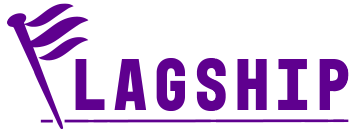
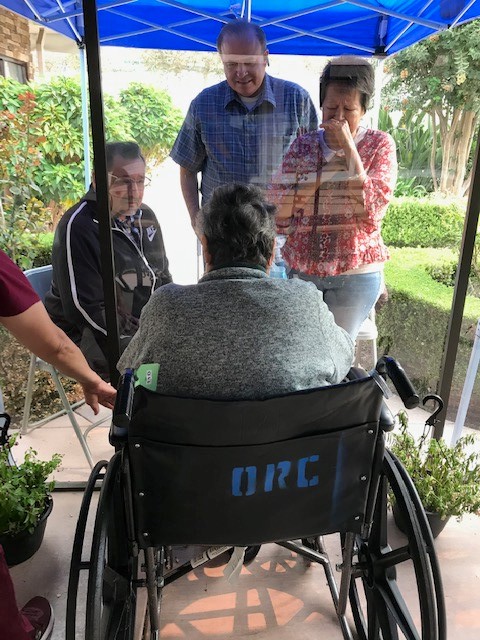
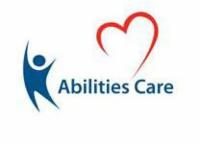
 Here at Golden Acres in Dallas, Texas, we love our long-term care residents. They are the heart and soul of our facility, and we wouldn’t have it any other way. One of our residents passed away recently, and it never gets easier. The family reached out to myself, the DOR, and the social worker in hopes of getting a copy of her grandmother’s life storyboard that was created during therapy with one of our amazing speech therapists. Her granddaughter wanted to utilize this resident’s life storyboard to aid in writing her obituary. To think that the Abilities Care Approach Program could, in such a trying and upsetting time, bring joy and meaning to a grieving family is truly amazing.
Here at Golden Acres in Dallas, Texas, we love our long-term care residents. They are the heart and soul of our facility, and we wouldn’t have it any other way. One of our residents passed away recently, and it never gets easier. The family reached out to myself, the DOR, and the social worker in hopes of getting a copy of her grandmother’s life storyboard that was created during therapy with one of our amazing speech therapists. Her granddaughter wanted to utilize this resident’s life storyboard to aid in writing her obituary. To think that the Abilities Care Approach Program could, in such a trying and upsetting time, bring joy and meaning to a grieving family is truly amazing.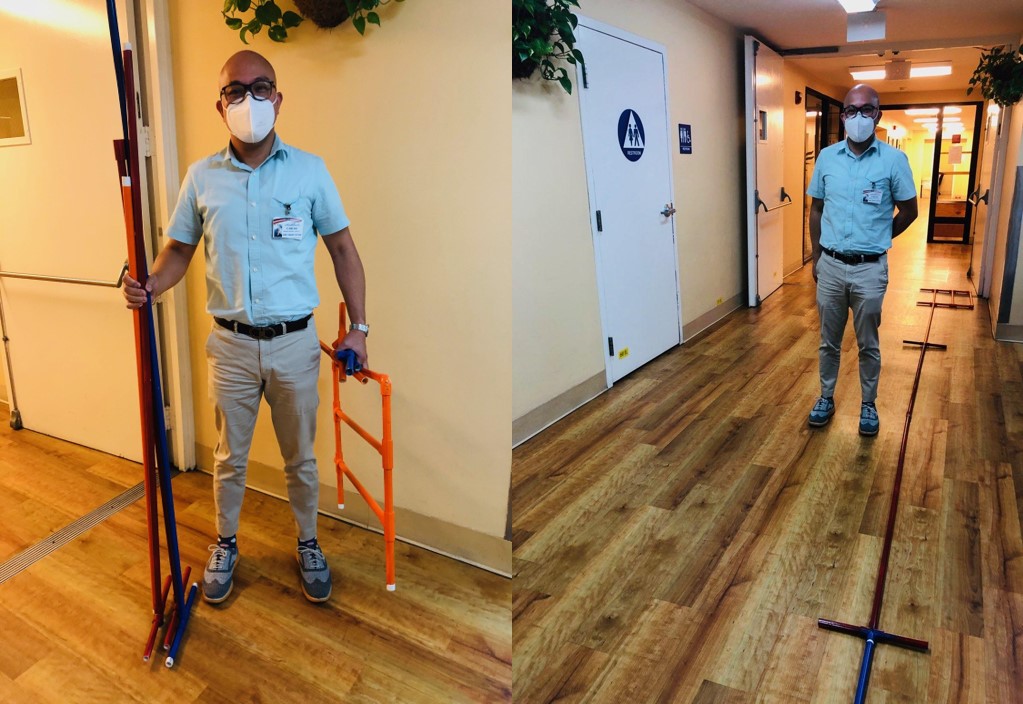

 An interview with Tom Chan COTA and Cristina Amansec SLP.
An interview with Tom Chan COTA and Cristina Amansec SLP.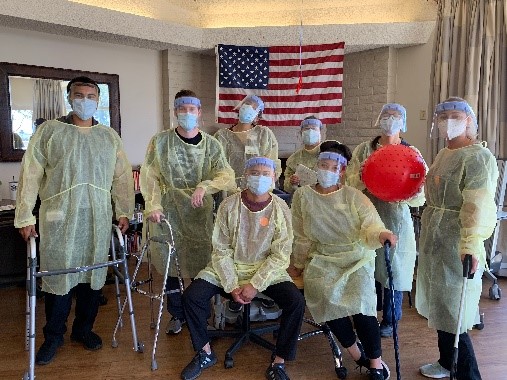
 As mid-March was approaching and COVID-19 was spreading, I stopped at a facility in the Momentum market and there was a temperature checkpoint. I knew we were in for some changes. For a while, I carried on as best I could, but I kept thinking there must be more I can do to help. Then, I received a call from Tali Gerassi, DOR at Grossmont Post-Acute (GPAC) in the San Diego market. They had suddenly lost their long-time SLP and desperately needed help.
As mid-March was approaching and COVID-19 was spreading, I stopped at a facility in the Momentum market and there was a temperature checkpoint. I knew we were in for some changes. For a while, I carried on as best I could, but I kept thinking there must be more I can do to help. Then, I received a call from Tali Gerassi, DOR at Grossmont Post-Acute (GPAC) in the San Diego market. They had suddenly lost their long-time SLP and desperately needed help.
 Our amazing ADOR George Palin and his wife have been working tirelessly to provide the entire building (and a few to our sister buildings) with cloth masks, and they are now working on gowns to keep us all safe. Today the team wanted to say a special thank-you to him. One of our other amazing PTAs, Heidi Carmichael, thanked George for providing her with a more comfortable mask (pictured — you gotta laugh sometimes, right?) and read the following poem as a thank-you. I thought this is so true of George and so many others who are going above and beyond to take care of each other and our residents.
Our amazing ADOR George Palin and his wife have been working tirelessly to provide the entire building (and a few to our sister buildings) with cloth masks, and they are now working on gowns to keep us all safe. Today the team wanted to say a special thank-you to him. One of our other amazing PTAs, Heidi Carmichael, thanked George for providing her with a more comfortable mask (pictured — you gotta laugh sometimes, right?) and read the following poem as a thank-you. I thought this is so true of George and so many others who are going above and beyond to take care of each other and our residents.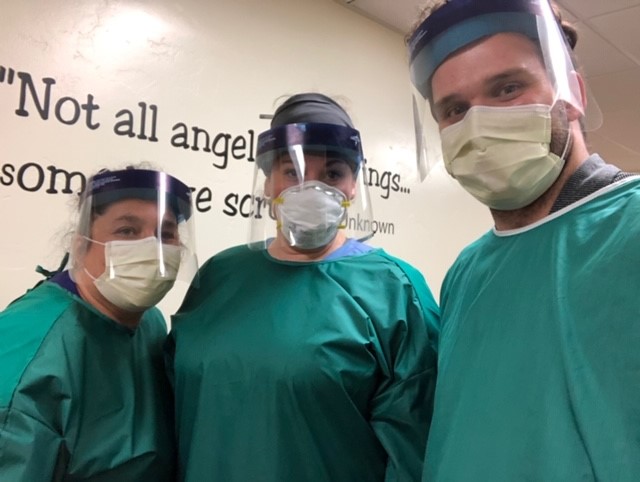
 By Jared MacDonald, Operations Manager, City Creek Post Acute Care, Salt Lake City, UT
By Jared MacDonald, Operations Manager, City Creek Post Acute Care, Salt Lake City, UT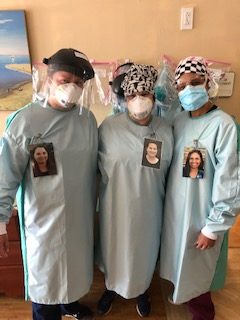
 Victoria Post Acute (VPAC) is one of the few skilled nursing facilities accepting COVID-19-positive residents from hospitals in San Diego and El Centro. Like other buildings with positive COVID cases, the beginning stage was certainly an upheaval from “normal” daily routines, as we were thrown into a world of unknowns with ever-changing directions and recommendations, coupled with fear. Schedules were slim, admissions were down, and stress was high. The rehab gym became a room with social distancing markers and a storage room. Hallways turned into PPE stations.
Victoria Post Acute (VPAC) is one of the few skilled nursing facilities accepting COVID-19-positive residents from hospitals in San Diego and El Centro. Like other buildings with positive COVID cases, the beginning stage was certainly an upheaval from “normal” daily routines, as we were thrown into a world of unknowns with ever-changing directions and recommendations, coupled with fear. Schedules were slim, admissions were down, and stress was high. The rehab gym became a room with social distancing markers and a storage room. Hallways turned into PPE stations. As the days and weeks pass, admissions are starting to return, PPE requirements are changing, and barrier placements are being removed. Through it all, VPAC has remained resilient and together. Despite the loss and havoc of the first few weeks, we’ve found reasons (many, many, many reasons) to smile and celebrate. We have celebrated resident successes/discharges, birthdays, a retirement (DON), bridal shower, nurses week/nursing home week, Tuesdays and each other. We have been able to celebrate a COVID-19-positive patient (the husband of one of our charge nurses) being discharged home, walking out hand in hand with his wife after a month of hospitalization/rehabilitation including intubation.
As the days and weeks pass, admissions are starting to return, PPE requirements are changing, and barrier placements are being removed. Through it all, VPAC has remained resilient and together. Despite the loss and havoc of the first few weeks, we’ve found reasons (many, many, many reasons) to smile and celebrate. We have celebrated resident successes/discharges, birthdays, a retirement (DON), bridal shower, nurses week/nursing home week, Tuesdays and each other. We have been able to celebrate a COVID-19-positive patient (the husband of one of our charge nurses) being discharged home, walking out hand in hand with his wife after a month of hospitalization/rehabilitation including intubation.